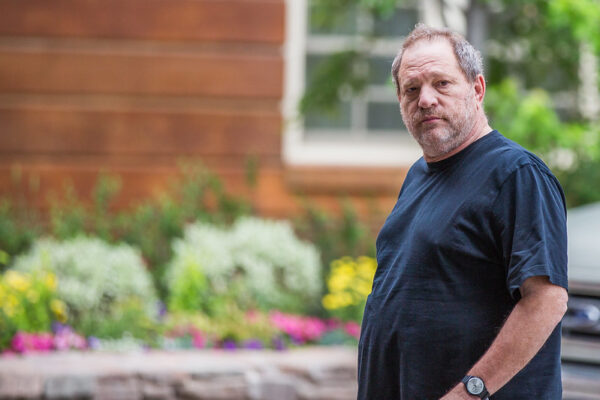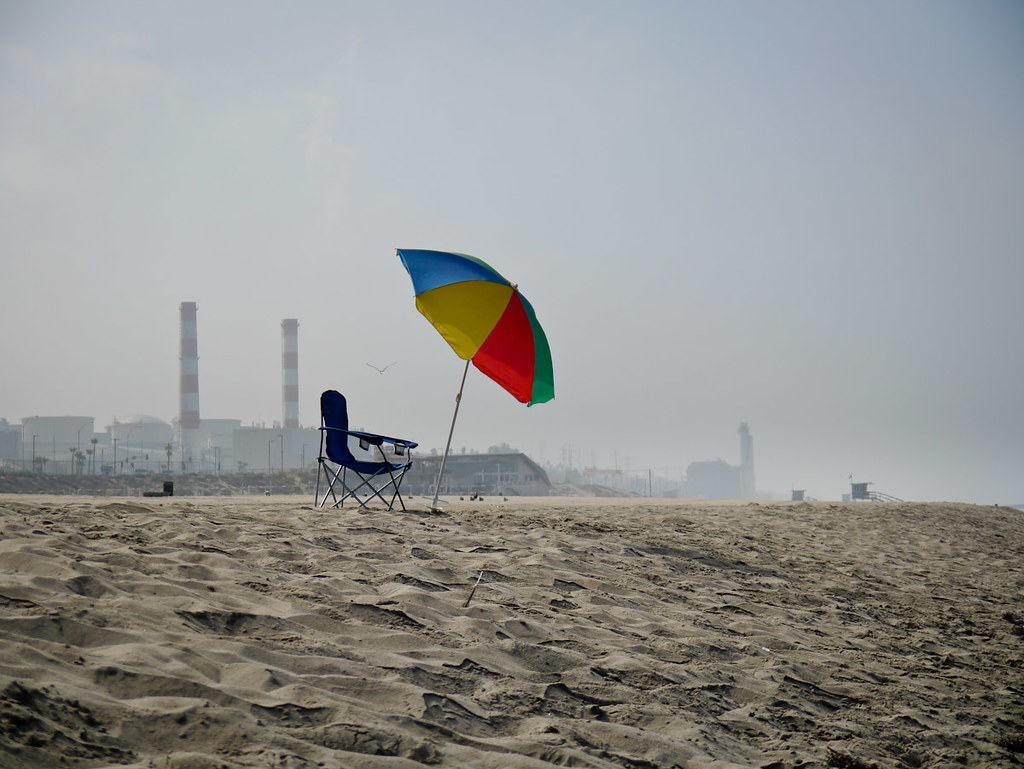A judge is set Thursday to hear the defense’s challenge to three of the criminal charges against disgraced former film producer Harvey Weinstein, who was indicted in March on sex-related counts involving five women.
Weinstein’s attorneys contend that three of the charges — sexual battery by restraint, forcible oral copulation and forcible rape involving two women between 2004 and 2010 — “do not appear to fall within the applicable statute of limitations.”
Deputy District Attorney Paul Thompson countered in court papers that the counts “remain within the applicable statute of limitations” and that a warrant for Weinstein was initially issued in January 2020.
“… Because the issuance of the warrant began the prosecution, the gap in time between then and the indictment being filed tolled the statute of limitations,” the prosecutor wrote in his response.
Weinstein, 69, was indicted March 15 by a Los Angeles County grand jury on four counts each of forcible rape and forcible oral copulation, two counts of sexual battery by restraint and one count of sexual penetration by use of force.
Weinstein was extradited July 20 from New York, where he has been sentenced to 23 years in prison for raping an aspiring actress and a criminal sex act against a former production assistant.
He was brought into a downtown Los Angeles courtroom in a wheelchair a day later, with one of his attorneys entering a not guilty plea on his behalf.
One of Weinstein’s attorneys, Mark Werksman, told reporters outside court that the latest allegations against his client are not corroborated by any scientific or forensic evidence, adding that he believes Weinstein “will be acquitted” if he gets a fair trial.
Weinstein’s legal team had tried to block his transfer from New York to Los Angeles until he was “medically fit” to be moved. A court document filed in Los Angeles by the defense contended that Weinstein was in “urgent need of medical treatment to save his eyesight, and that this treatment could take anywhere from 24 to 36 months.” The defense had also asked a judge in Los Angeles to delay the transfer until Weinstein’s medical treatment is completed.
In court papers filed earlier this month, the Los Angeles County District Attorney’s Office asserted that the Los Angeles County Sheriff’s Department is capable of providing medical care to Weinstein.
At a court appearance last week, a judge granted the defense’s request for a medical evaluation for Weinstein.
Los Angeles County prosecutors initially charged Weinstein in January 2020 with forcible rape, forcible oral copulation and sexual penetration by use of force involving one woman on Feb. 18, 2013, and sexual battery by restraint involving another woman a day later.
He was subsequently charged in April 2020 with a charge of sexual battery by restraint involving a woman in May 2010, with prosecutors in November 2020 adding six more counts — three counts each of forcible rape and forcible oral copulation — involving two alleged victims in Beverly Hills between 2004 and 2010.
A grand jury subsequently indicted Weinstein on the same charges.
In a statement released after Weinstein’s arraignment, the Los Angeles County District Attorney’s Office said the case remains under investigation by the Los Angeles and Beverly Hills police departments and the District Attorney’s Bureau of Investigation.
Weinstein could face a potential maximum of 140 years to life in state prison if convicted as charged, according to the District Attorney’s Office.
Attorney Gloria Allred, who said she represents two of the alleged victims, said last week that it was “long overdue” for Weinstein to appear in a courtroom in connection with the Los Angeles case.







